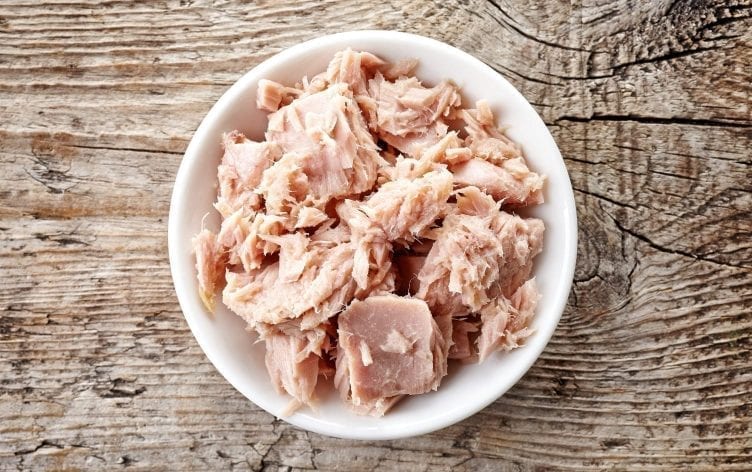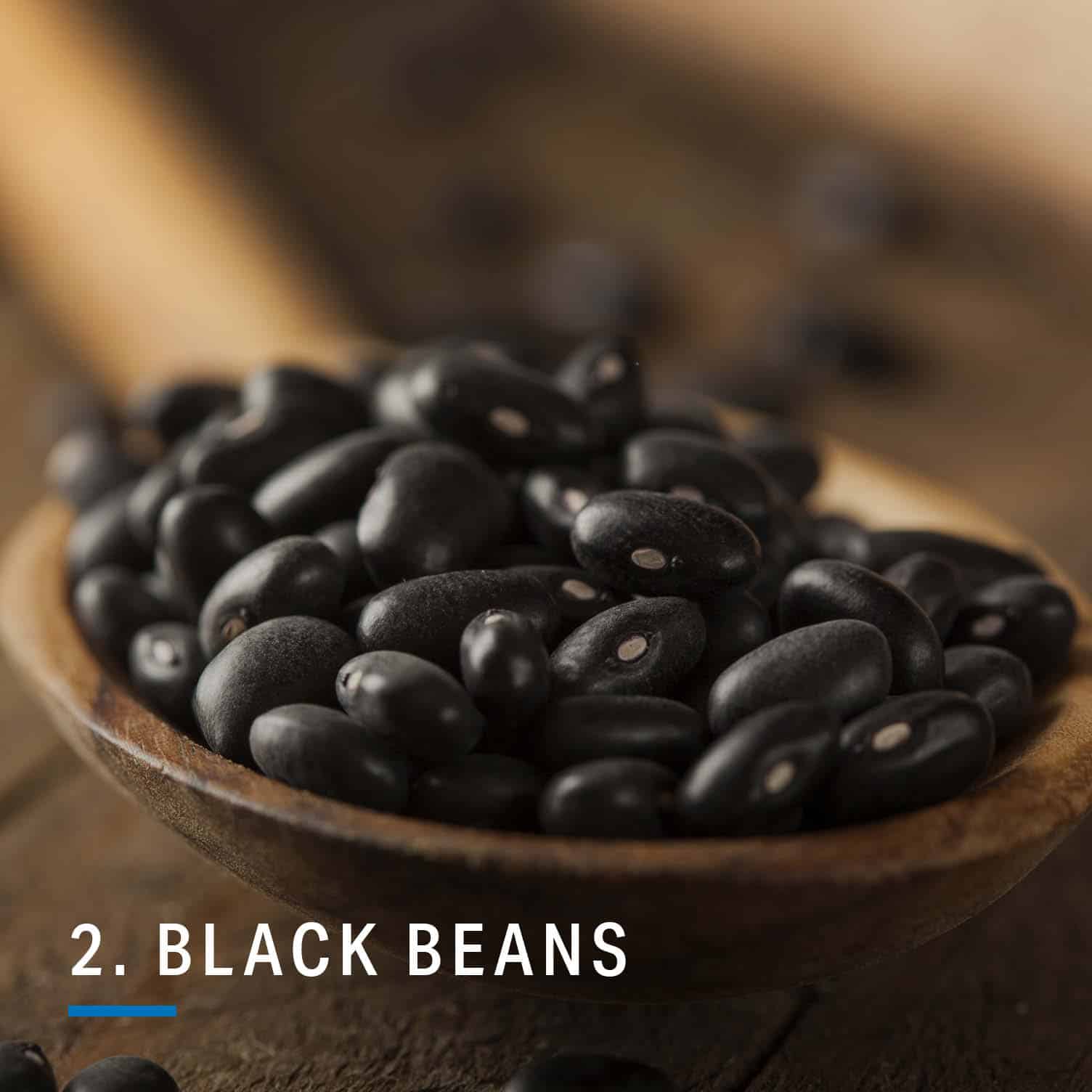With a need for fresh produce, high-quality protein and healthy sources of fat, a well-balanced diet can seem difficult to afford, especially when you find yourself in the meat aisle. But when it comes to proteins, you don’t have to stretch your budget to eat healthy and lose weight.
In fact, some of the most nutritious sources of protein are highly
affordable and available in bulk. Here, six great picks to stock up on
to fuel weight loss:
“Eggs are
inexpensive, easy to prepare and portable,” says Becky Kerkenbush, RD,
representative for the Wisconsin Academy of Nutrition and Dietetics.
Because they’re high in protein and low in calories (about 6 grams of
protein and just 70 calories each), they fill you up without adding much
to your daily intake.
What’s more, people who ate a high-protein breakfast combo of eggs and sausage felt fuller longer when compared to those who went for a low-protein option or skipped the meal altogether, shows a study in Nutrition Journal. Egg eaters had more stable blood sugar levels and were less likely to overeat at lunch. When prepped with little or no cooking oil or butter, eggs make a great addition to your eating plan for weight loss, says Kerkenbush.
Try them poached in this Middle Eastern breakfast bowl, as muffins paired with quinoa and edamame or in a frittata with your favorite veggies.
A can of black beans is super inexpensive compared to a nice cut of steak. Yet, just half a cup is packed with 7.5 grams of protein, 7.5 grams of fiber, and only 112 calories. Black beans can help you feel fuller and zap hunger — people on a high-fiber, bean-based diet ate roughly 300 calories less per day shows one clinical trial. Additionally, resistant starch in black beans helps improve
your digestion by feeding the good bacteria in your gut, says Kerkenbush.
Try them in vegetarian chili, easy slow-cooker soups or chicken enchiladas.
Like black beans, chickpeas,
also called garbanzo beans, fill you up with ample protein and fiber as
well as slow-to-digest resistant starch (a half-cup serving provides
120 calories with 6 grams of protein and 6 grams of fiber). What’s more,
chickpeas are packed with nutrients like manganese (key for bone
health) and folate (crucial for red blood cell formation and energy
production).
While dried chickpeas tend to be your cheapest option, if you’re
purchasing canned chickpeas, you can use aquafaba (the liquid
surrounding the chickpeas) for egg-free mayo, granola, healthful desserts or as a thickener in sauces, says Anja Grommons, RD.
Try chickpeas in homemade hummus, salads or vegetable curries.
Of all the pulses (aka legumes like dried beans and chickpeas),
lentils contain the most starch and insoluble fiber as well as a high
amount of prebiotics, making them super filling and great for digestion. A source of multiple polyphenols (naturally occurring plant compounds), they’re linked to a lower risk of diabetes, obesity, cancers and cardiovascular diseases.
Pro tip: Don’t worry about soaking dried lentils
— just use 3 cups of water per 1 cup of lentils and simmer them for 15–20 minutes, says Jackie Newgent, RD, culinary nutritionist and author of “The All-Natural Diabetes Cookbook.”
Try them in a protein-rich version of pasta Bolognese, in soup and in a grilled chicken salad.
One can of tuna contains 70 calories yet packs 16 grams of protein and is among the healthiest fish to eat for weight loss. It’s low in fat and high in omega-3 fatty acids, which can prevent and manage heart disease and
may lower your blood pressure, says Newgent. To cut down on the sodium
content, rinse and drain the tuna first and opt for low-sodium
varieties, she advises.
Try making tuna avocado egg salad, topping apple slices with tuna or using it in salads.
Possibly one of the most underrated snacks, just a handful of peanuts
(about 28) has 7 grams of protein. “Peanuts are an excellent source of several nutrients,
including copper (essential for red blood cell formation, bone strength
and immunity) and manganese (key for brain and nervous system
function). They also contain a phytonutrient called resveratrol, which
acts as a powerful antioxidant and may play a role in reducing the risk of cardiovascular disease, cancer and Alzheimer’s disease,” says Newgent.
Keep them simple. “Ideally, steer clear of peanuts with a significant
amount of added sugars, such as honey-roasted, French burnt or any
candy-coated varieties,” advises Newgent.
Instead, try adding them to chicken lettuce wraps, stews or raw energy bars.
Source Click
here







Comments
Post a Comment